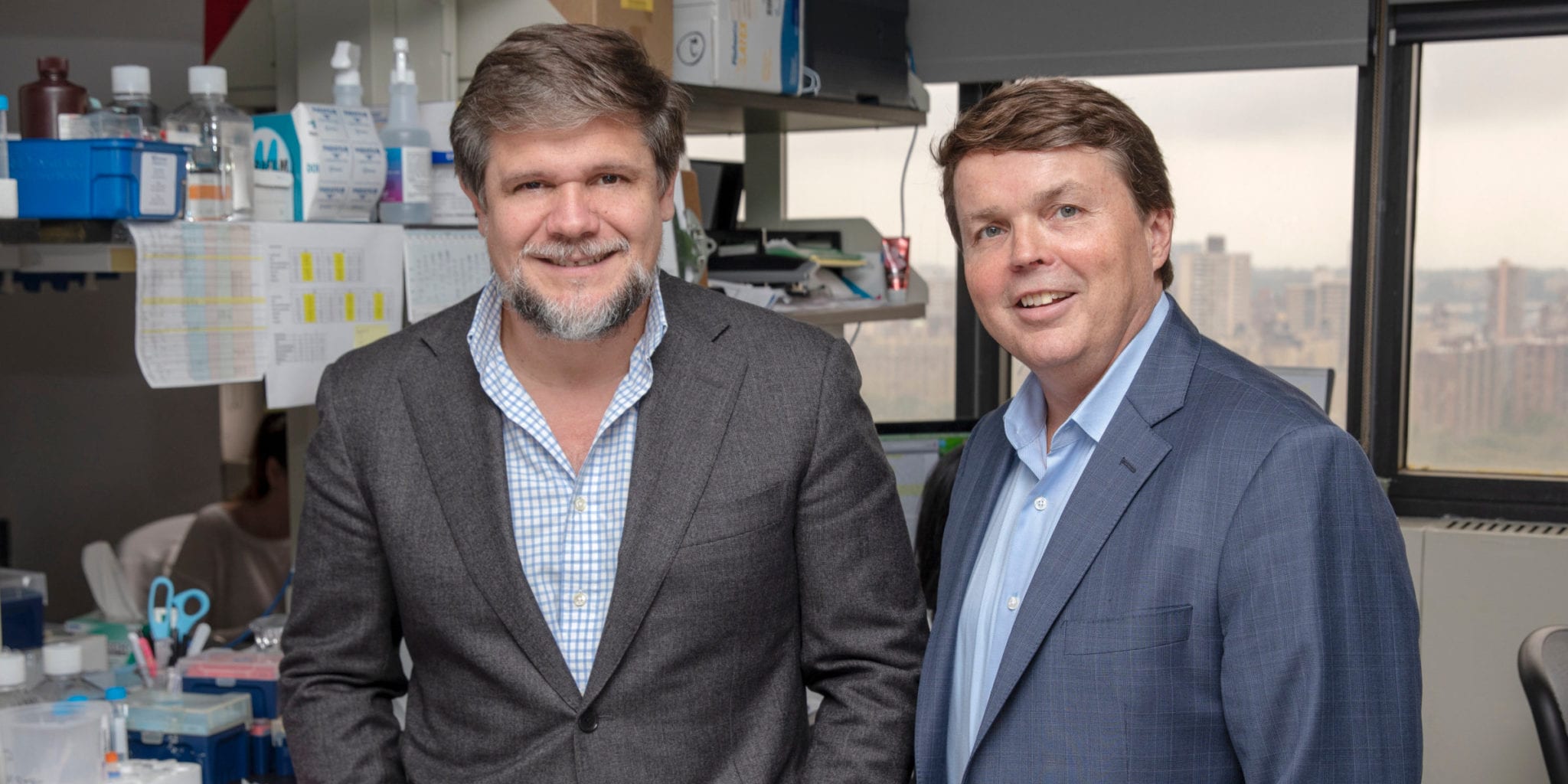
Looking to reshape the metastatic cancer landscape, HiberCell fills the tank with a slate of mid-stage tests queued up
A little over two years since its last raise, New York-based biotech HiberCell is returning to the venture well for some more capital.
The company has pulled in a new $67.4 million Series B, HiberCell announced Wednesday morning, as it continues its trek to develop drugs preventing cancer relapse and metastasis. Wednesday’s funds will be used to advance its programs researching how stress biology and innate immunity can play a role in cancer recurrence.
Unlock this article instantly by becoming a free subscriber.
You’ll get access to free articles each month, plus you can customize what newsletters get delivered to your inbox each week, including breaking news.